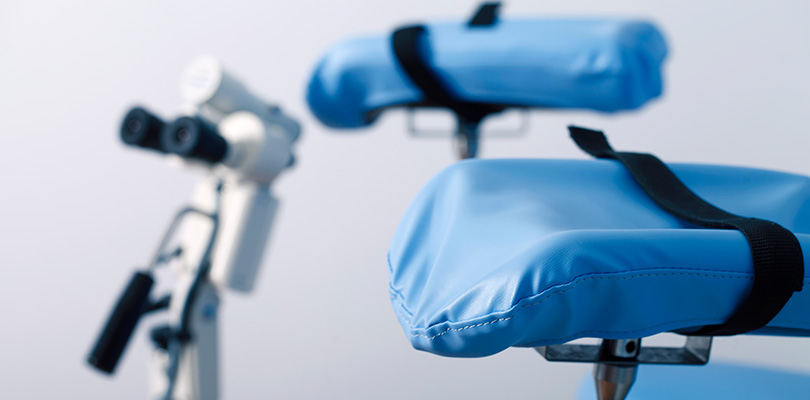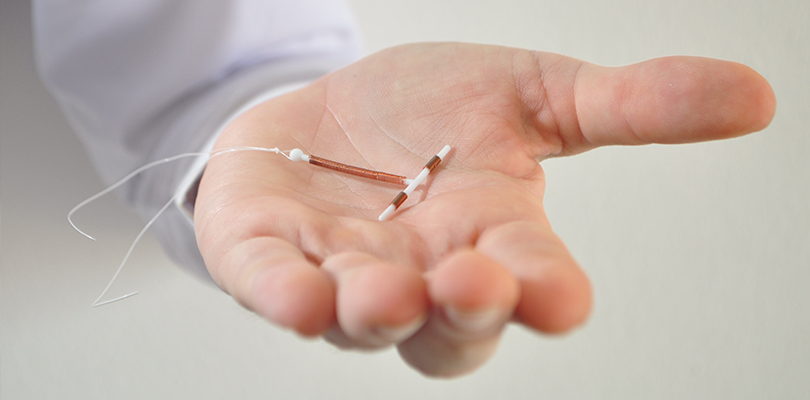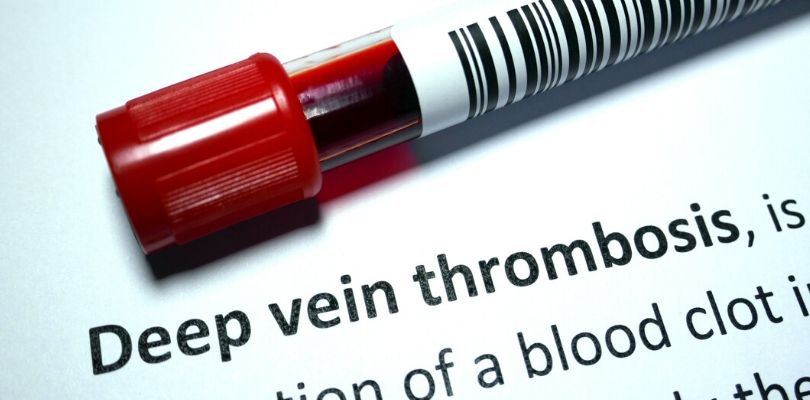Headache Treatments Start with Identifying the Pain
It’s safe to say that virtually every person on the planet has experienced a headache at some point in their life. The pain can range from annoying to downright unbearable. Of course, the cause of the headache will help guide you toward the appropriate treatment plan for you.
In this article we’ll be looking at headache treatments based on what type of headache you may be experiencing, as well as what causes headaches in the first place.
Tension Headaches
One of the most common types of headaches are those that are brought on by stress. Tension headaches are usually felt around the band of the head with the severity of pain ranging from mild to moderate. Tension headaches are known to last anywhere from 30 minutes up to one week.
Treatments for Tension Headaches
Common over-the-counter treatments for tension headaches are aspirin, Acetaminophen, and ibuprofen. Other treatments may include acupuncture, massage therapy, or relaxation techniques to help reduce stress.
Migraines
In the world of headaches, migraines are among the worst. Migraines usually consist of moderate to severe pain that permeates throughout the head and neck. The pain can be so unbearable that it can lead to nausea and vomiting. It can intensify with movement and usually impacts women more so than men.
Treatments for Migraines
Common treatments for migraines consist of resting in a quiet, dark space and limiting your physical activity. People also rely on common over-the-counter medications such as Tylenol, ibuprofen, Motrin, and other similar medications.
Additionally, prescriptions medications including triptans, such as sumatriptan (Imitrex) and zolmitriptan (Zomig), or preventative medications such as metoprolol (Lopressor), propranolol (Innopran, Inderal, others), amitriptyline, divalproex (Depakote), topiramate (Qudexy XR, Trokendi XR,Topamax), or erenumab-aooe (Aimovig) may be used. Be sure to consult with your doctor about these options.
Cluster Headaches
Cluster headaches are more common in men and usually consist of a sudden burst of pain in or around the eye area. Cluster headaches can last for as short as 15 minutes or up to several days.
Treatments for Cluster Headaches
Common treatments for cluster headaches may include a variety of medications such as topiramate, sumatriptan, verapamil. Other solutions may include oxygen therapy or steroids. Make sure to consult with your doctor about what option suits your needs.
Exertional Headaches
Exertional headaches are brought on by excessive physical activity. Activity ranging from running to weight lifting, and even sexual intercourse, can bring about these types of headaches.
Treatments for Exertional Headaches
Most people rely on over-the-counter pain medications to relieve this type of headache discomfort. Additionally, people may take an anti-inflammation medication prior to the physical activity to help ward off potential headaches.
Hypnic Headaches
This type of headache is incredibly rare. It typically impacts people later in life and is referred to as “the alarm clock headache” because it can wake people from their sleep. Symptoms may be similar to migraines because it produces a throbbing sensation that is made worse by light and sound.
Treatments for Hypnic Headaches
Interestingly enough, the most common treatment for this type of headache happens to be caffeine. Some people consume a cup of coffee before bedtime to ward off potential hypnic headaches.
Sinus Headaches
Sinus headaches can be brutal. They are the result of the pressure that can come with a sinus infection. People usually feel this headache along their eyes, cheeks, and forehead.
Treatments for Sinus Headaches
Usually, people rely on over-the-counter pain medications and decongestants to help relieve the pain of a sinus headache. Some people also clean out their sinus passageway with saline in order to reduce the amount of pressure on the neck, face, and head.
Prescription medication is one of the most common ways to manage narcolepsy. Here's what you need to know about narcolepsy medications.
What Can Trigger a Headache
Headaches may be brought on by a variety of reasons. Understanding what may trigger your headache could help you avoid pain in the future. Some of the most common causes of head pain include:
- Not drinking enough water
- Not eating properly
- Certain foods and medications
- Changes in hormone levels
- Irregular sleep
- Bright lights
- Stress
What to Do When Headache Treatments Don’t Work
If you try some headache treatments without results, you may need to discuss more options with your doctor. Headaches can be the sign of more serious medical conditions, so further testing may be necessary. You should seek emergency care if the following occur:
- Sudden headache with severe pain
- Headache accompanies by a fever, rash, seizures, etc.
- Headache following an injury
Don’t ignore a headache in hopes that it will miraculously go away. Remember, pain is your body trying to tell you that something isn’t right. Persistent pain is not normal and should be evaluated.
Overview
Headaches can be incredibly painful and disrupt your normal routine. While there are many causes, it’s important to identify why you have headaches. If you suffer from headaches, there are a variety of treatment options that may help you.
You should always discuss treatment options with your doctor before moving forward with anything. Keep in mind, any headache that lasts for more than a few days should be checked out by a medical professional.







